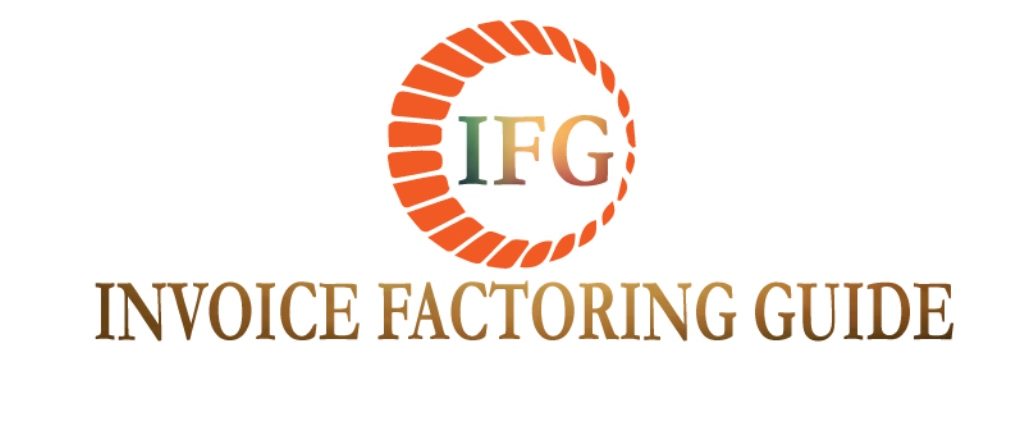Invoice Financing: Just the Facts
 Invoice financing is a secured lending option made available to small to mid-sized businesses by a factoring company.
Invoice financing is a secured lending option made available to small to mid-sized businesses by a factoring company.
It is often used by businesses that make ample credit sales (accounts receivable) but have cash flow problems waiting for payment.
In this article we answer:
- What is Invoice Financing?
- How Invoice Financing Works
- Invoice Financing Pros and Cons
- Invoice Financing vs Invoice Factoring
What is Invoice Financing?
Invoice financing is a type of asset based lending where a business uses outstanding invoices to obtain a revolving line of credit. An invoice factoring company will lend money to the business based on a percentage of eligible invoices. The pledged invoices or accounts receivable are the collateral for the loan.
How Invoice Financing Works
Here’s how it works. A business fills out a borrowing certificate with a factoring company who may offer a line of credit to based on the value of the pledged collateral, the invoices. The factor will perform its due diligence on the account debtor and determine which invoices are eligible as collateral. Finally, a percentage (typically 80%) of this amount is offered as a loan, known as the borrowing base.
As a business makes sales and invoices customers, the line of credit is drawn upon. When the customers make payment, the money is used to repay the line. This type of asset based lending is a revolving credit facility and is sometimes considered a step up from invoice factoring.
Invoice Financing Pros and Cons
While accounts receivable financing will increase debt levels, its often a cheaper funding option than invoice factoring, with lower costs and rates. The accounts receivable still remain on your books (and balance sheet) until they are repaid by the customer. Repayment of the loan is made as the invoices are paid by customers.
This type of financing is often used by companies who are not bankable due to limited operating history or poor credit. As such, it’s on our list of bad credit business loans for small businesses to consider.
Invoice financing is often existing customers of a factoring company who previously were factoring accounts receivable. But, if the company improves its financial profile, they could be eligible for a variable rate, business line of credit. Invoice factoring rates are more likely to be locked in.
Pros:
- In a rising interest rate environment, the typical locked in rate is desirable.
- Flexibility- as your business’ credit sales grow, the line of credit gets increased.
- Since it’s secured lending, the interest rate should be lower than unsecured options
- Interest on the line of credit loan is tax-deductible
- Fast set up and possibly no credit check
Cons:
- Invoice financing can take days or even weeks to obtain (still faster than a bank loan)
- This funding delay has opportunity costs or cause you to seek costly merchant cash advances
- Your personal credit is more of a factor in obtaining invoice financing vs factoring
- More debt means worsening credit rating
- The business is still on the hook for repayment if the customer never pays
Invoice Factoring versus Invoice Financing
While sometimes used interchangeably, they are actually two different types of small business funding transactions. Factoring (a type of financing) involves the sale of outstanding invoices for immediate cash.
Invoice factoring is not a loan, since this transaction involves the actual sale of the invoices, not a loan against them. While invoice factoring rates can be expensive, it could reduce future costs of capital by actually lowering your credit rating with the increased cash flow.
Conversely, invoice financing uses the invoices as collateral for a loan, typically a revolving line of credit. Businesses often begin with accounts receivable factoring and then move on to financing, which is considered a step up. Also, the default risk of the account debtor isn’t transferred through invoice financing, like when factoring receivables (on a non recourse factoring basis).
A number of factoring companies provide both invoice factoring as well as invoice financing. For example, Fleet One factoring of Tennessee has both options. For financing, they offer lines from $10,000 up to $10 million, primarily for trucking companies. The company also operates in Utah and Kentucky.
Riviera Finance has a slightly more expansive offering when it comes to their asset based lending program. While they do offer freight bill factoring like Fleet One, Riviera also has commercial loans, lines of credit, net working capital loans, small business loans and accounts receivable financing. Riviera has been factoring invoices since 1969.
Conversely, Bluevine recently celebrated their 5-year anniversary. Their financing options include a revolving line of credit, up to $250,000 with interest rates as low as 4.8%. Based in California, Bluevine has become a major presence in the online factoring space, along with competitor Fundbox. If you’re interested in learning any more about these online lenders, check out our Bluevine reviews and Fundbox reviews pages.
